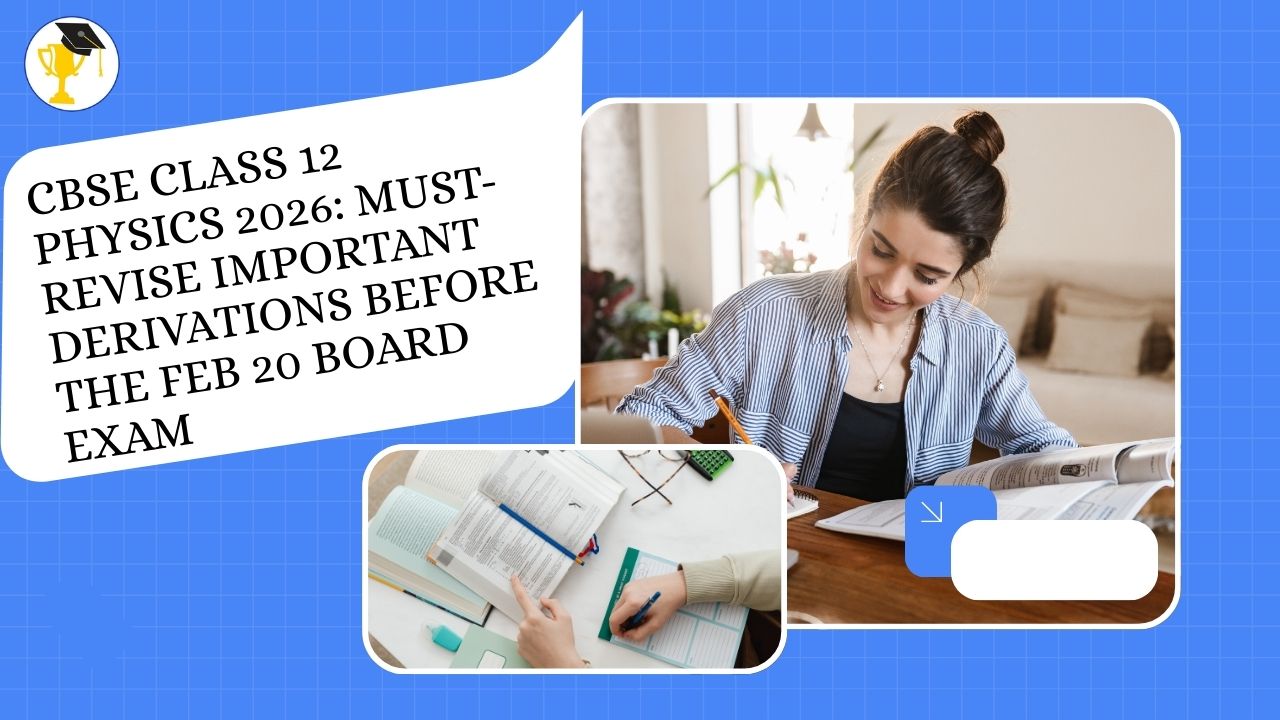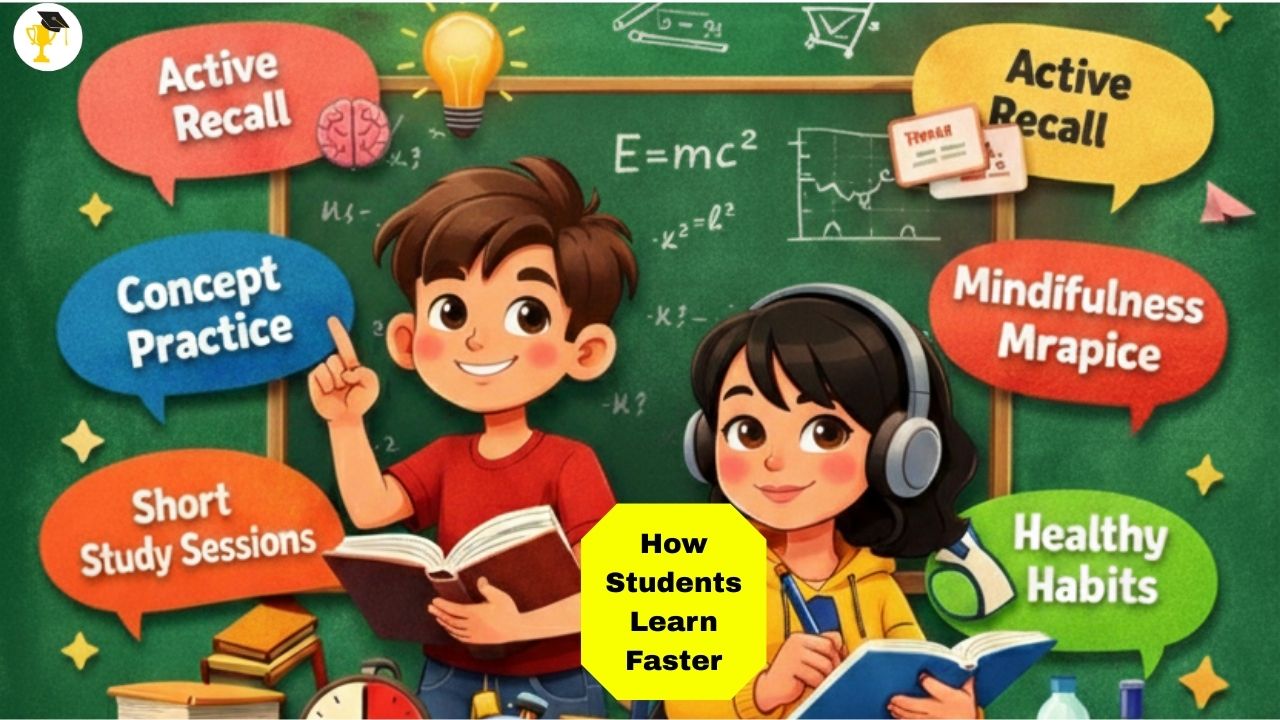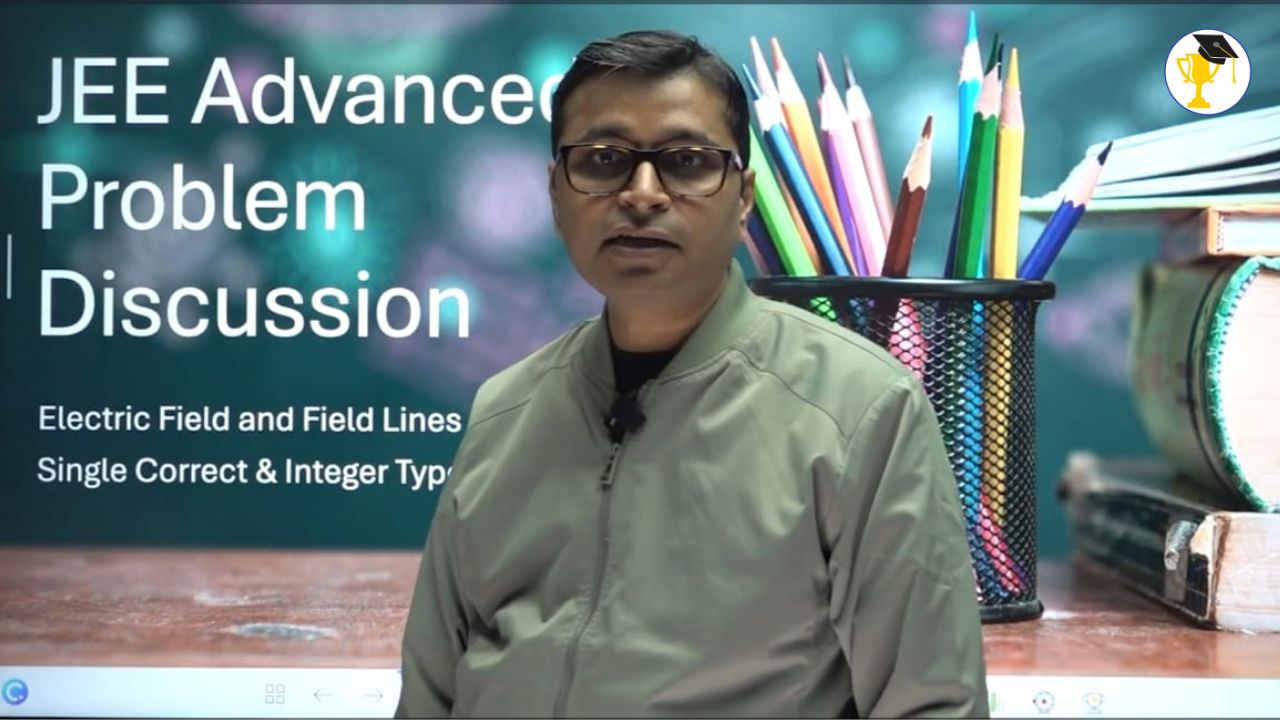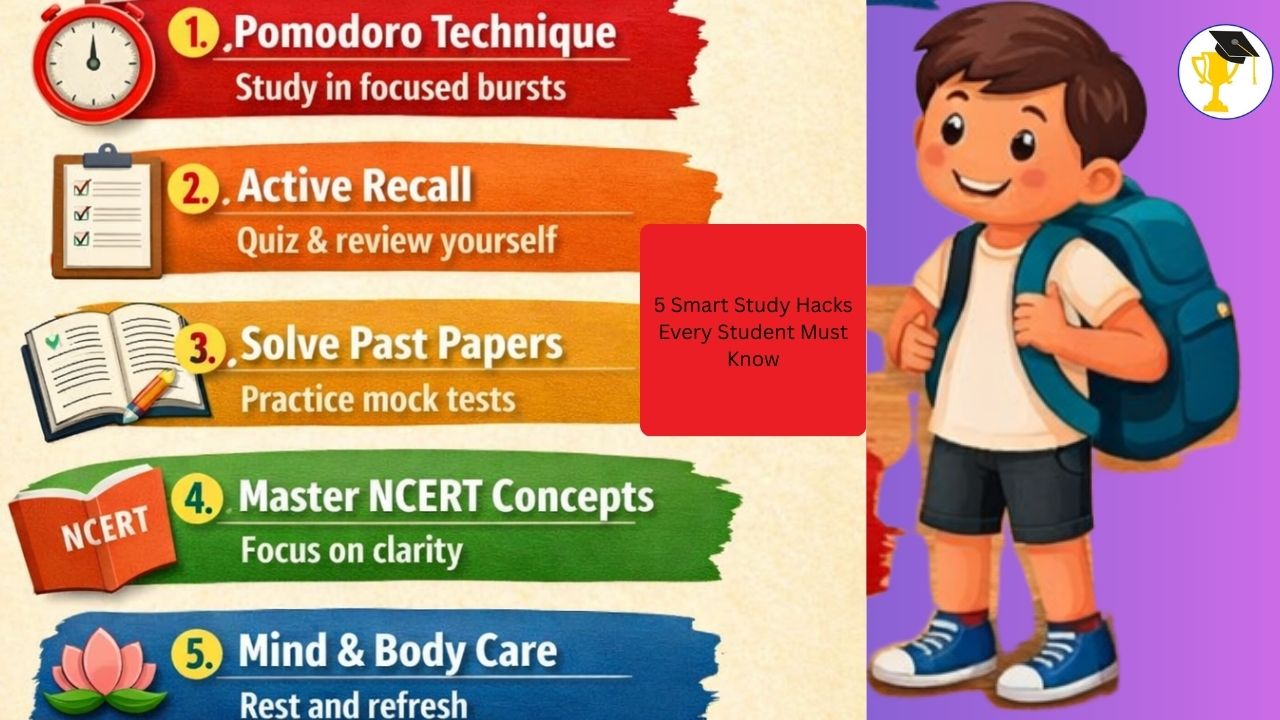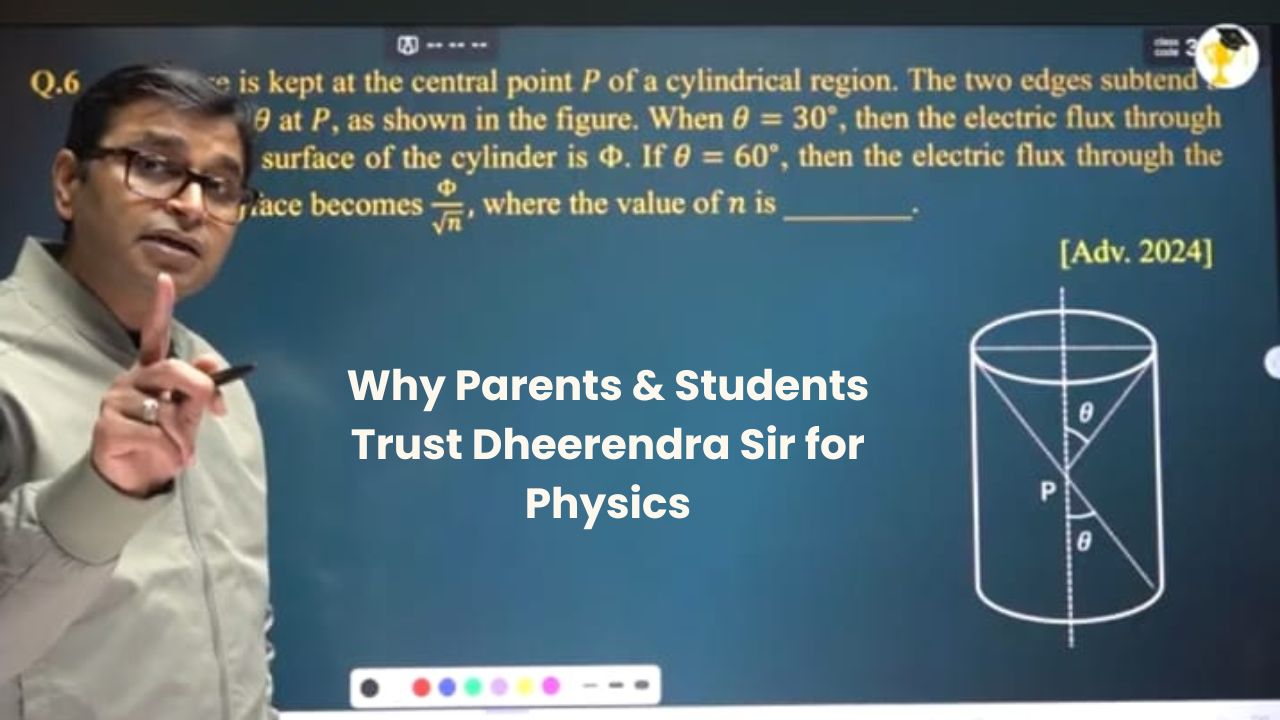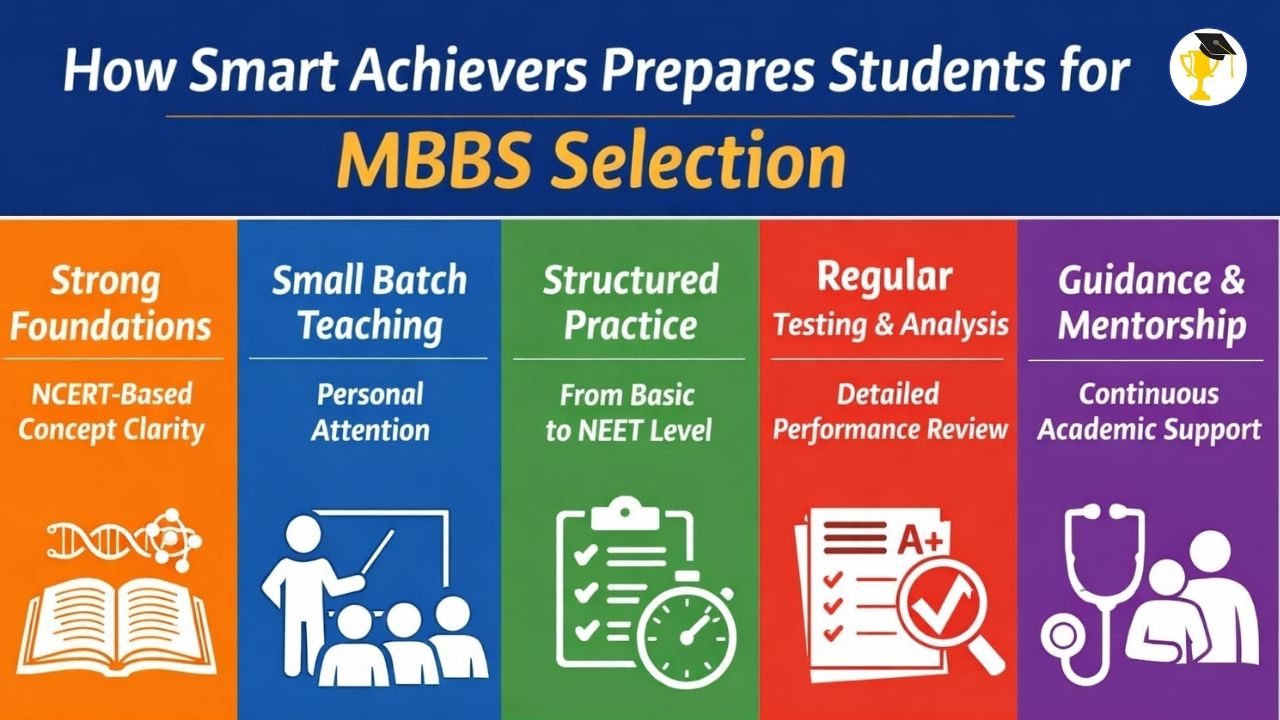Do Previous Year Questions Repeat in NEET UG?
Aspiring to crack the NEET UG exam requires a thorough understanding of the syllabus, mastering concepts, and strategic preparation. One common question among NEET aspirants is whether previous years’ questions are repeated in the NEET UG exam. Practicing past questions can be a valuable part of your study plan, but is it realistic to expect the same questions to appear on exam day? In this blog, we’ll explore whether previous year questions are repeated in NEET UG, how often it happens, and how best to incorporate past questions into your preparation strategy.
1. Understanding the Role of Previous Year Questions in NEET Preparation
Previous year questions are essential resources for students preparing for NEET UG. Here’s why they are so valuable:
Insight into Question Patterns: Past questions provide a clear idea of the types of questions frequently asked, including difficulty levels, formats, and areas of focus.
Identifying Important Topics: Analyzing previous years’ papers helps identify frequently tested topics, allowing students to focus on high-yield areas.
Building Confidence: Practicing real exam questions boosts confidence by familiarizing students with the NEET exam structure and timing.
While it’s rare for the exact questions to be repeated, understanding patterns and familiarizing yourself with the style of questions asked can give you an advantage.
2. How Often Are Previous Year Questions Repeated in NEET UG?
In NEET UG, direct repetition of exact questions from previous years is uncommon, but similar questions do appear, especially in core concepts. Here’s what typically happens:
Similar Concepts and Question Types: NEET often tests fundamental concepts in Physics, Chemistry, and Biology. While the wording or numerical values might change, the underlying principles remain consistent.
Repeating High-Yield Topics: NEET has a history of focusing on certain high-yield topics such as Genetics, Ecology, Mechanics, and Organic Chemistry. Similar questions from these topics often appear year after year.
Direct Question Overlaps Are Rare: Complete repetition of exact questions is rare, but slight modifications of previous questions are more common. This is especially true for factual questions, definitions, and simple formula-based problems.
Relying solely on previous years’ questions without mastering underlying concepts may not yield the best results. Instead, focus on understanding the foundational principles that lead to the formulation of these questions.
3. Top Benefits of Solving Previous Year Questions for NEET UG
Incorporating past questions into your study routine offers several advantages beyond potential question repetition. Here’s how practicing these questions benefits your NEET preparation:
Strengthening Core Concepts: Past questions often highlight fundamental principles essential for NEET, helping you strengthen your understanding and application of these concepts.
Enhancing Problem-Solving Skills: Solving real exam questions helps you develop effective problem-solving techniques, especially in subjects like Physics and Organic Chemistry, where application-based questions are common.
Improving Time Management: Working through previous year papers in a timed setting helps you gauge how quickly you can answer questions, an essential skill for the actual NEET exam.
These benefits make past questions an invaluable part of your study plan, whether or not exact questions reappear.
4. Strategies for Using Previous Year Questions Effectively in NEET Preparation
To get the most out of previous year questions, follow these strategies:
Analyze Frequently Tested Topics: Go through the last 10 years of NEET papers and note down the frequently tested topics. Pay extra attention to these topics during your preparation.
Practice Questions Topic-Wise: Break down past papers into individual topics and practice questions from each topic as you cover it in your syllabus. This approach ensures you’re ready for NEET-level questions in every section.
Take Full-Length Mock Tests with Previous Year Questions: Simulate the actual NEET exam experience by attempting past papers in a timed setting. This not only boosts confidence but also gives you an idea of your current preparation level.
Effective use of past questions builds a strong foundation, which is essential to tackle any variations of similar questions that may appear on the exam.
5. Focus on High-Yield Topics That Frequently Appear in NEET
While NEET covers a wide syllabus, certain topics tend to appear frequently across different years. Here’s a list of some high-yield topics from each subject that often recur:
Biology: Genetics, Human Physiology, Ecology, Plant Kingdom, Cell Biology, Evolution
Chemistry: Organic Chemistry (Hydrocarbons, Reactions), Inorganic Chemistry (p-block, d-block), Chemical Bonding, Coordination Compounds
Physics: Mechanics, Thermodynamics, Modern Physics, Electrostatics, Optics
Prioritizing these topics and understanding them thoroughly can maximize your chances of scoring well on the exam.
6. Common Misconceptions About Previous Year Questions in NEET
Some misconceptions can lead to ineffective preparation. Here are common ones to be aware of:
“Past Questions Are Always Repeated”: While similar questions might appear, exact repetition is rare. Focus on concepts rather than expecting direct repeats.
“Studying Only Past Papers Is Sufficient”: NEET tests a broad syllabus, so focusing solely on previous years’ questions can leave gaps in your preparation. Comprehensive study and concept mastery are essential.
“Previous Papers Are Only for Last-Minute Revision”: Starting early with past questions helps reinforce concepts as you learn them, so don’t wait until the last minute.
Avoiding these misconceptions will allow you to use past questions as an effective supplement rather than a primary study tool.
7. The Verdict: Do Previous Year Questions Help You Crack NEET?
In summary, while exact question repetition is rare, previous year questions are crucial for effective NEET preparation. They provide insight into question patterns, familiarize students with frequently tested concepts, and build confidence for exam day. Here’s how to make the most of them:
Use Them as a Guideline for Important Topics: Previous year questions highlight key areas, helping you focus on important topics.
Apply Concepts Rather than Memorize Answers: The NEET exam is designed to test your understanding. Aim to understand the concept behind each question rather than simply memorizing answers.
Integrate Them Regularly in Your Study Plan: Start solving previous year questions early in your preparation, revisiting them regularly to reinforce learning and practice.
Incorporating past questions into your strategy offers multiple benefits, from familiarizing you with NEET’s question style to improving your time management and confidence.
Conclusion: Mastering NEET UG with Strategic Use of Previous Year Questions
Although NEET UG rarely repeats exact questions, practicing with previous year papers remains an essential part of effective preparation. By understanding the format, practicing similar question types, and focusing on high-yield topics, you’ll develop the confidence and skills to tackle any question on exam day. Make previous year questions an integral part of your NEET study plan, but remember to balance them with comprehensive study, conceptual understanding, and regular revision.
With the right approach, you can enhance your NEET preparation, reduce exam stress, and increase your chances of achieving your dream score.
 STUDY MATERIALS
STUDY MATERIALS
 COURSES
COURSES
 MORE
MORE




